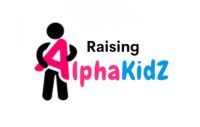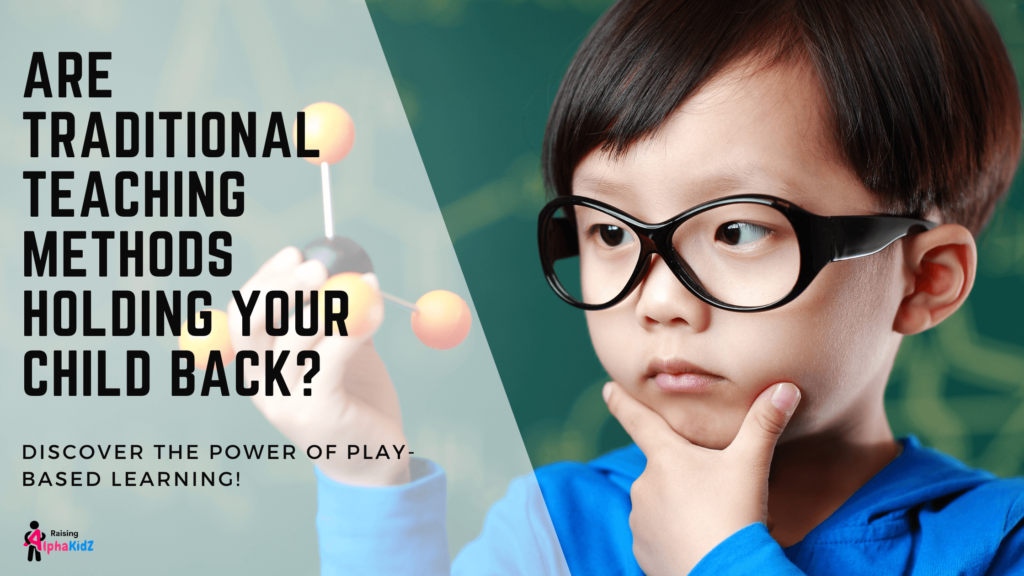In today’s fast-paced world, it’s important to question the traditional methods of early childhood education. We often prioritize academic achievement above all else, but is this truly the best approach? In this blog post, we’ll explore an innovative perspective on child development—one that emphasizes the importance of play in fostering cognitive, emotional, and social growth. To make this journey more practical and engaging, we’ll include a hands-on session for kids related to each subtopic discussed.
Unlocking the Power of Play:
Let’s challenge the notion that play is merely a frivolous activity for children. Instead, let’s recognize it as a vital tool for intellectual development. Children’s natural inclination to explore, imagine, and engage in unstructured activities contributes to their overall growth.
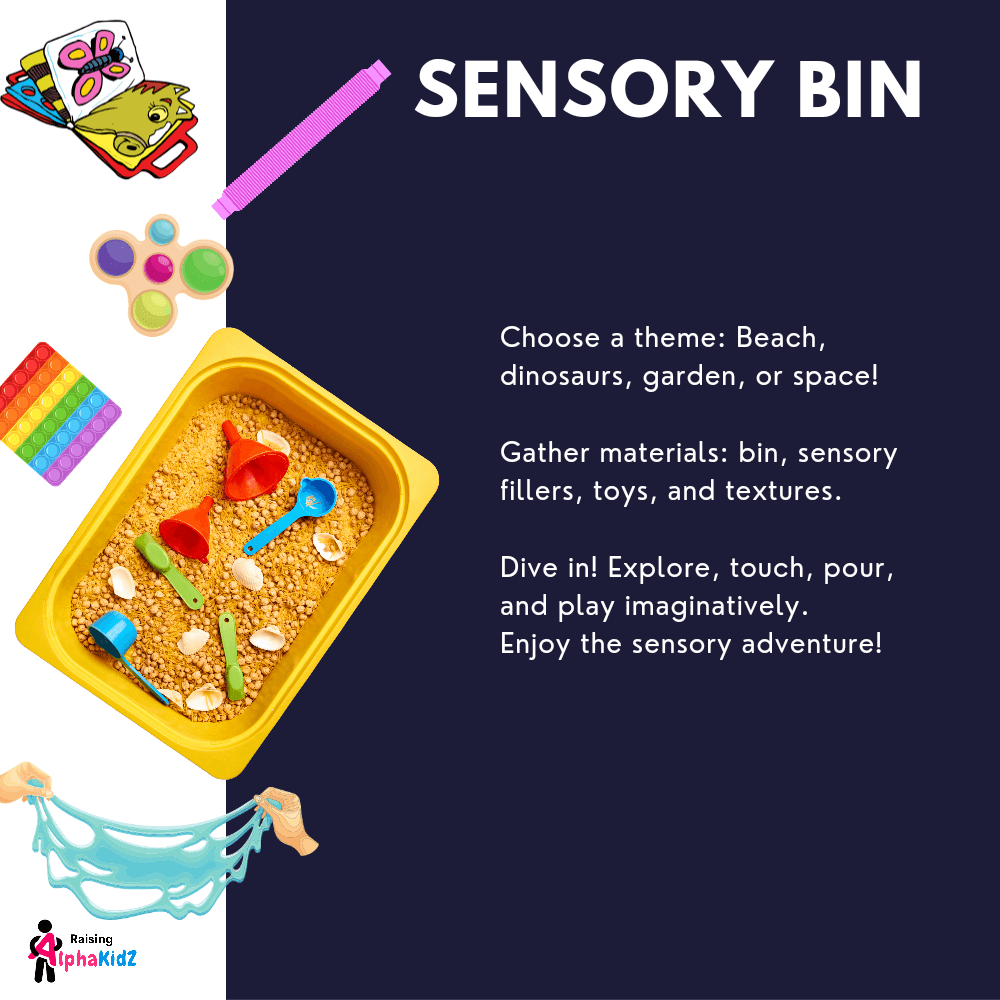
To tap into this power, let’s organize a “Discovery Day” where children can explore different materials, textures, and objects. Set up various stations with sensory bins, art supplies, and building blocks. Encourage them to freely experiment, create, and make their own discoveries.
Building Strong Foundations:
The early years are critical for laying a strong foundation. Play-based learning during this time helps children develop fundamental skills such as language, mathematics, and social interactions.
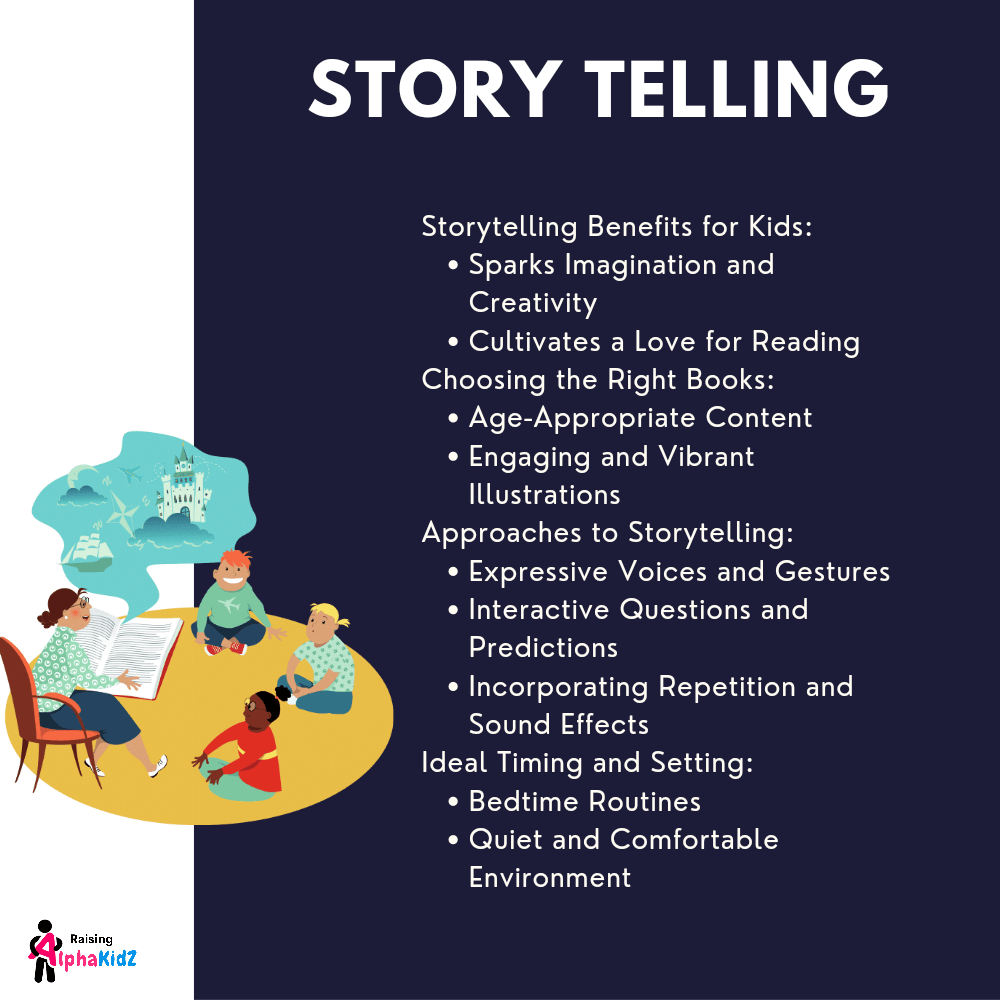
Let’s organize a “Storytelling Adventure” where children can immerse themselves in a world of imagination and language. Provide a variety of books, puppets, and storytelling props. Allow them to choose a book, create their own stories, and act them out with the puppets. This activity not only builds language skills but also enhances creativity and social interaction.
Breaking Free from Traditional Methods:
We often rely on flashcards and structured learning activities to teach children. But are these truly effective? Let’s consider a different approach—one that encourages hands-on, experiential learning.
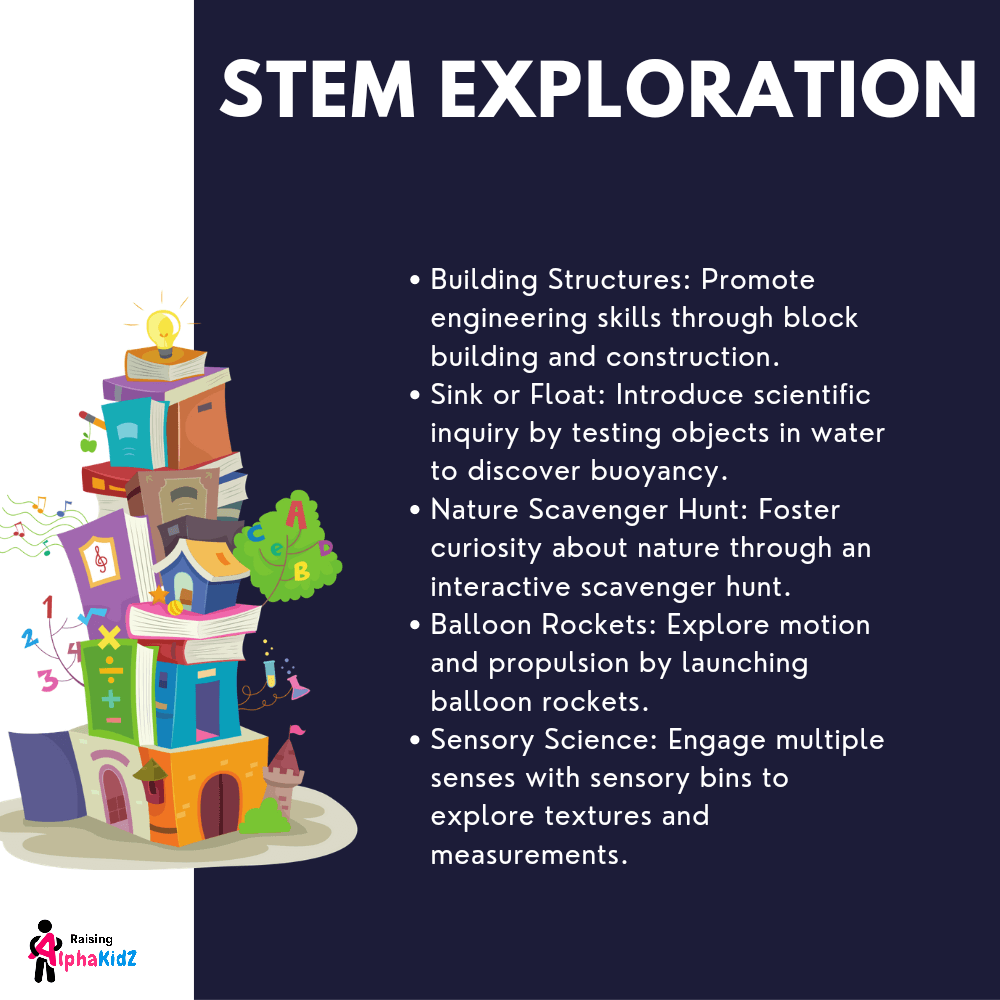
Organize a “STEM Exploration” session where children can engage in science, technology, engineering, and math activities. Provide materials such as building blocks, simple machines, and puzzles. Encourage them to experiment, build structures, solve problems, and observe cause and effect relationships.
Nurturing Emotional Intelligence:
Cognitive development is important, but emotional intelligence plays a significant role too. Through play, children learn to navigate complex emotions, develop empathy, and build social skills.
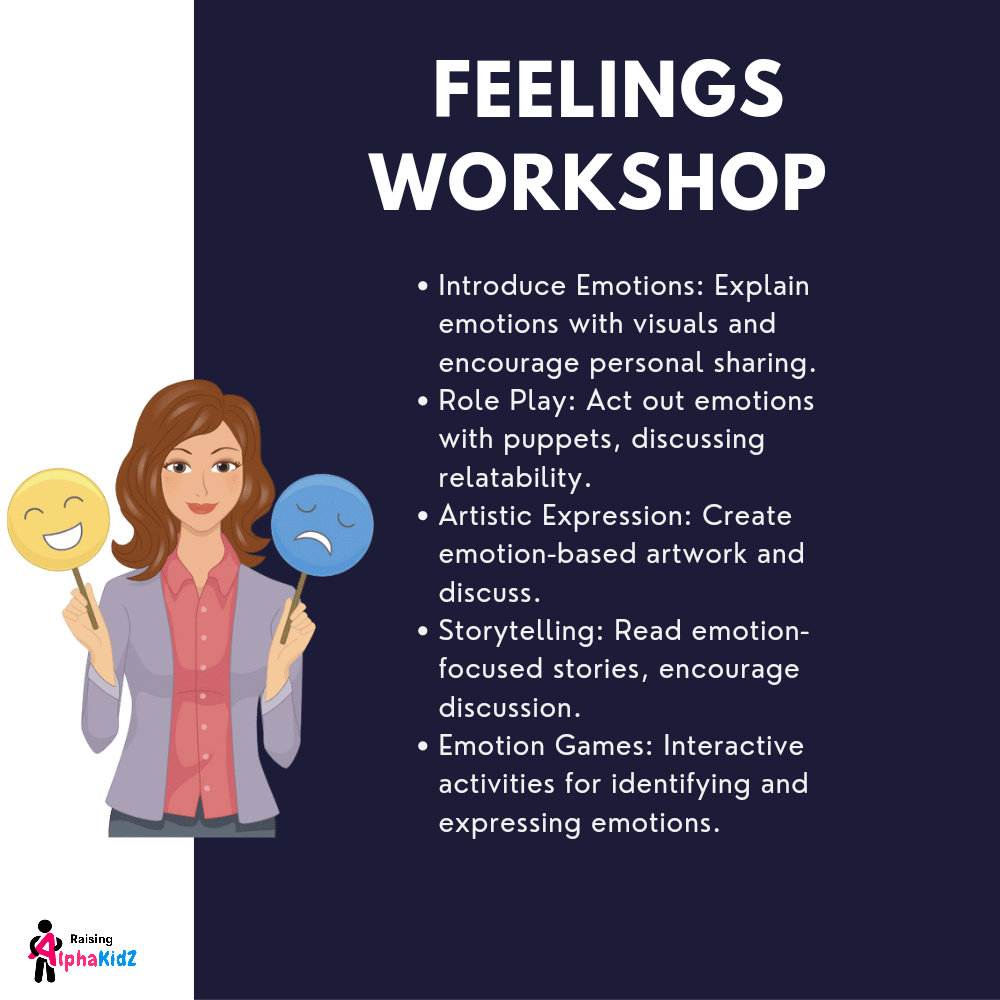
Let’s organize a “Feelings Workshop” where children can explore and express their emotions in a safe and supportive environment. Provide art supplies, mirrors, and emotion cards. Encourage them to create artwork that represents different emotions, have discussions about feelings, and practice empathy by role-playing different scenarios.
Balancing Technology:
In today’s digital age, we can’t ignore the presence of technology. While educational applications can be beneficial, it’s important to find a balance.
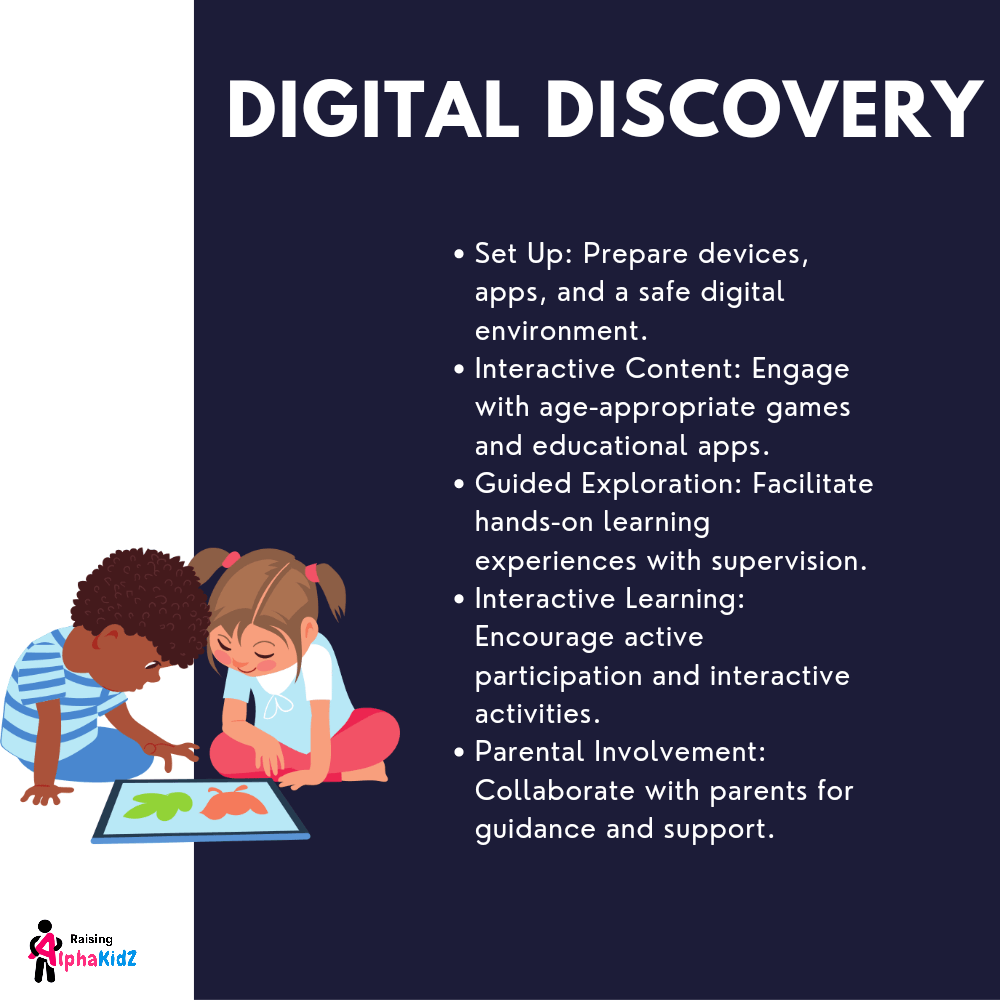
Let’s organize a “Digital Discovery” session where children can explore technology in a purposeful and mindful way. Provide tablets or computers with educational apps that promote creativity, problem-solving, and critical thinking. Encourage them to create digital art, solve puzzles, or engage in storytelling using technology. Facilitate discussions about the benefits and limitations of technology, promoting responsible and balanced usage.
Redefining Parenting and Education:
It’s time to challenge conventional notions of parenting and education. We must foster a child’s intrinsic motivation, curiosity, and love for learning.
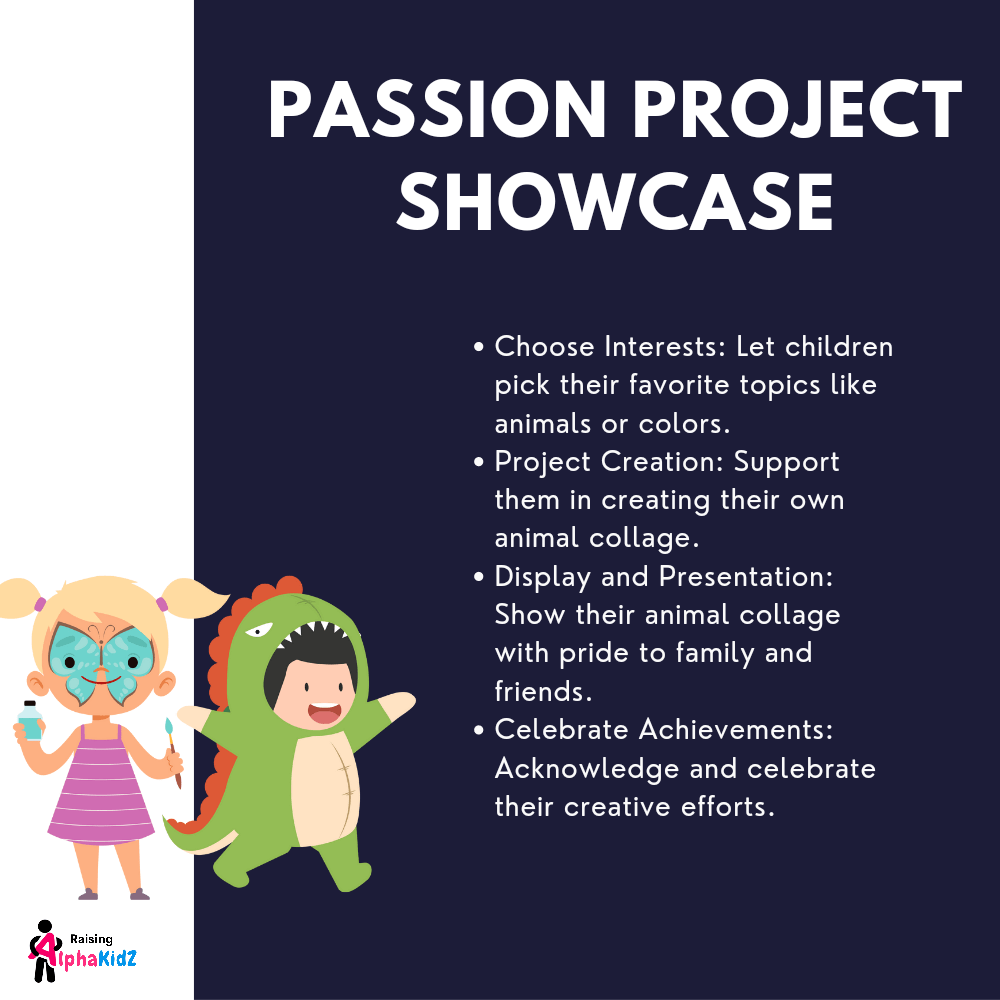
Let’s organize a “Passion Project Showcase” where children can pursue their interests and present their projects to others. Allow them to choose a topic they are passionate about, whether it’s dinosaurs, gardening, or music. Provide resources and guidance as they explore and create their projects. Encourage them to share their findings, engage in discussions, and inspire others with their enthusiasm.
By recognizing the power of play in early childhood education, we can create engaging and practical learning experiences for children. Incorporating hands-on sessions related to each subtopic discussed allows them to actively participate, explore, and develop essential skills. Together, let’s reimagine education and parenting by embracing play, nurturing curiosity, and fostering a love for learning. Through these experiences, children will grow into lifelong learners equipped with the necessary skills to thrive in our ever-changing world.
Thus, in a world that often reduces early childhood education to drills and academic pressure, let’s embrace the power of play. By recognizing its role in nurturing cognitive, emotional, and social development, we can re-imagine education and parenting. Prioritizing open-ended, hands-on experiences will ignite children’s curiosity and foster their overall growth. Together, let’s create an environment where our children can truly flourish and become lifelong learners equipped with essential skills for success.
